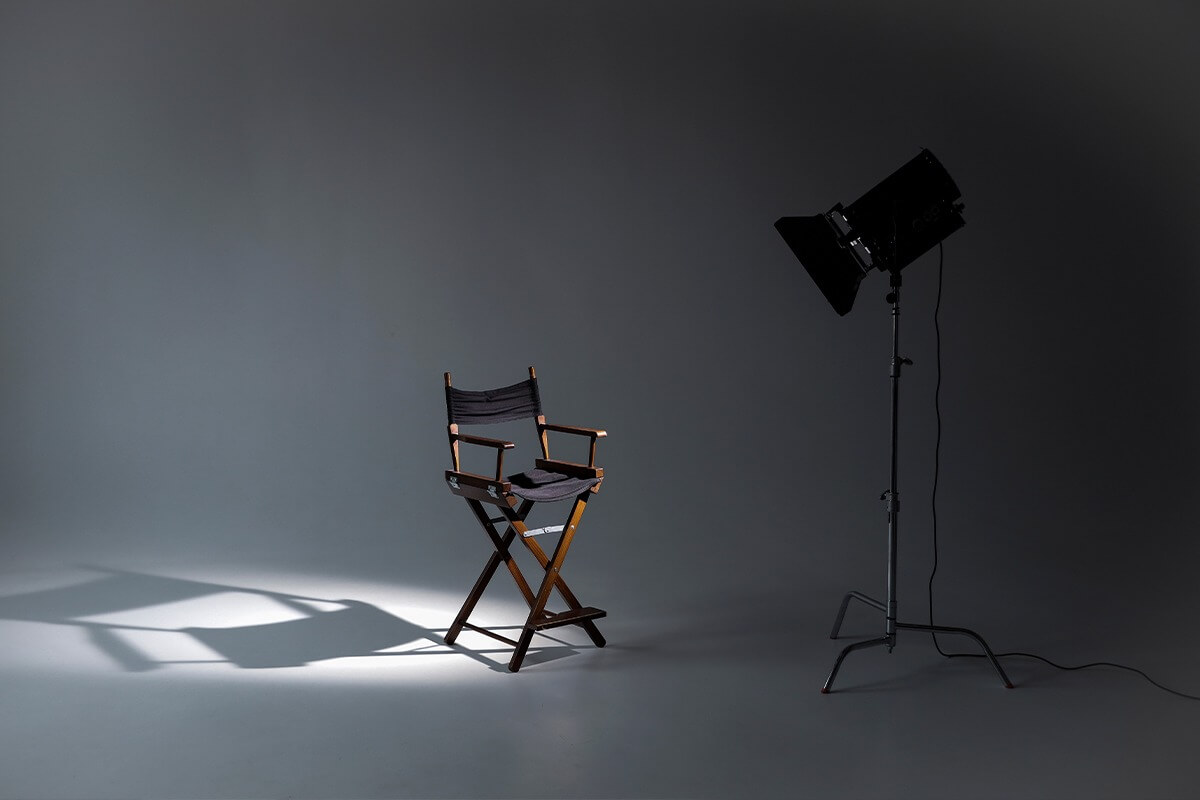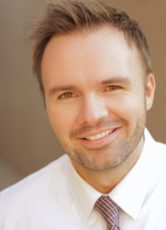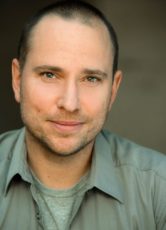
London-based casting director Dan Hubbard comes from a family of casting directors and has garnered over 20 years of experience in the industry. His work in film includes “Captain Phillips,” “Churchill,” “The Bourne Ultimatum,” “King Kong,” “Lara Croft: Tomb Raider,” and “Angel Has Fallen.” In television, he helped cast “Downton Abbey,” “Chasing Shadows,” and “American Odyssey.” Hubbard sat down with Hollywood acting coach Bernard Hiller to share valuable insights about casting.
As a casting director, he has to “audition” for directors
In many ways, Hubbard relates to all the actors he sees who put themselves on the line, risking rejection. When meeting directors, he experiences similar pressures as actors do in the audition room. “It’s terrifying,” he admits. “Particularly if you’re meeting a very famous or prolific director because you don’t really know what to expect. But all you can really do is be prepared, have the script read, have some ideas ready. I mean, nerves are okay, because I’m a nervous person. Even the directors that come back and use me time and time again, I’m so in awe of them that I get a bit nervous. I get this thing where it’s like I’m not good enough, and I shouldn’t be here. And what if I don’t know enough? You know, we’re all sort of winging it in a way. And I suppose my thing, my process is I build up all that fear and that tension, and all the fears of my life, and fears of my professional life. All these ridiculous things go through your head. But the number-one thing is that I kind of know that once I’m going to be there, it’s going to be all right, because it’s okay to care. And it’s okay to feel fear.”
Advice for stressful times, disappointments, and obstacles
No matter if people are actors, casting directors, or any other profession, really, the pressures of the job can feel overwhelming whether it be busy or slow times. Hubbard reveals, “Being really truthful for you is that sometimes even when I’ve been wanting to work on the biggest jobs ever, you can start catastrophizing, you can start letting all the demons talk to you in the mornings about your day and problems, and everything’s magnified because guess what? It’s a really big deal. Everything is a big deal. But also this is what I was waiting for, so why am I feeling like this?” Bernard Hiller acknowledges, “Because it’s a big deal … It’s a big deal what you’re doing, so that’s why you feel that pressure. And the most important thing that I thought you just said is that: So why are you letting this opportunity of the big deal pass you by? When are you going to take advantage of the opportunity by stepping up to it?” Hubbard adds that such troubling moments remind him, “It’s [about] being positive and being grateful—taking a moment to actually say ten things that are actually really going good in your life. You know: I have my family, I have my health, I am not ill, I’m working with these great people, I’m working on something really good. And then everything sort of feels a bit better.”
The best advice Hubbard was given
“Thinking outside the box is really one. I have quite an abstract view of everything. I don’t run with the lemmings,” he says. Encouraging actors to likewise think creatively, Hubbard argues, “In this day and age, you’re not really gonna get anywhere near a decent audition unless you’re already sort of quite qualified, you know. You’ve got to have the basic skills. But I suppose what stands out [is when actors] take an abstract risk or put some of their own DNA into a character.”
Based on what he sees in the audition room, authenticity is the exception rather than the rule. “You’re going to see eighty-plus percent of the people making the same choices, so it’s usually the people that are taking risks and putting their own DNA within the character … and making the filmmakers say, ‘Oh! I never saw it that way—wow!’ That’s it! That’s when you’re creating; you’re actually contributing something creative to the whole process. I’ve seen lines change, characters cut, characters grown because of what actors have done in the room and what actors are doing on the set.”




